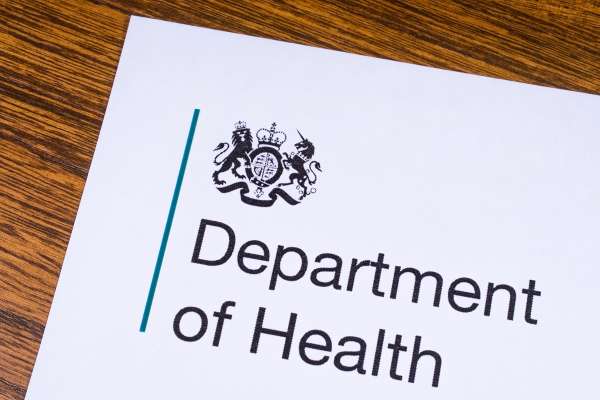The Department of Health and Social Care (DHSC) has consulted with industry on its plans to change the rules governing NHS spending on branded medicines, with the new regime intended to take effect on 1 January 2024.
In this article, we discuss the branded medicines regime, consider the proposed changes and how they may affect businesses in the Life Sciences sector in the UK, and discuss some of the industry feedback to the proposals.
How the cost of branded medicines to the NHS is regulated
Unsurprisingly, the NHS spends a lot on medicines – such spending is second only to staff costs as a share of NHS budgets.
The cost to the NHS of ‘branded’ (as opposed to generic) medicines is controlled by two schemes: the 2019 voluntary scheme for branded medicines pricing and access (VPAS) and a separate statutory scheme set out in the Branded Health Service Medicines (Costs) Regulations 2018 (the Statutory Scheme), which applies to pharmaceutical companies which have not volunteered to participate in VPAS.
The basic mechanism underlying both schemes involves suppliers of branded medicines paying back to the government a proportion of the payments they receive from the NHS in respect of branded medicines.
The value of this levy is calculated to ensure that the NHS’s net spend on branded medicines grows by only a set percentage year on year (the allowed growth rate).
This approach is intended to strike a balance between the interests of the NHS and patients (in having access to reasonably priced branded medicines) and the life sciences industry (in ensuring that there is a steady (but not unsustainable) year-on-year increase in NHS spending on such products).





